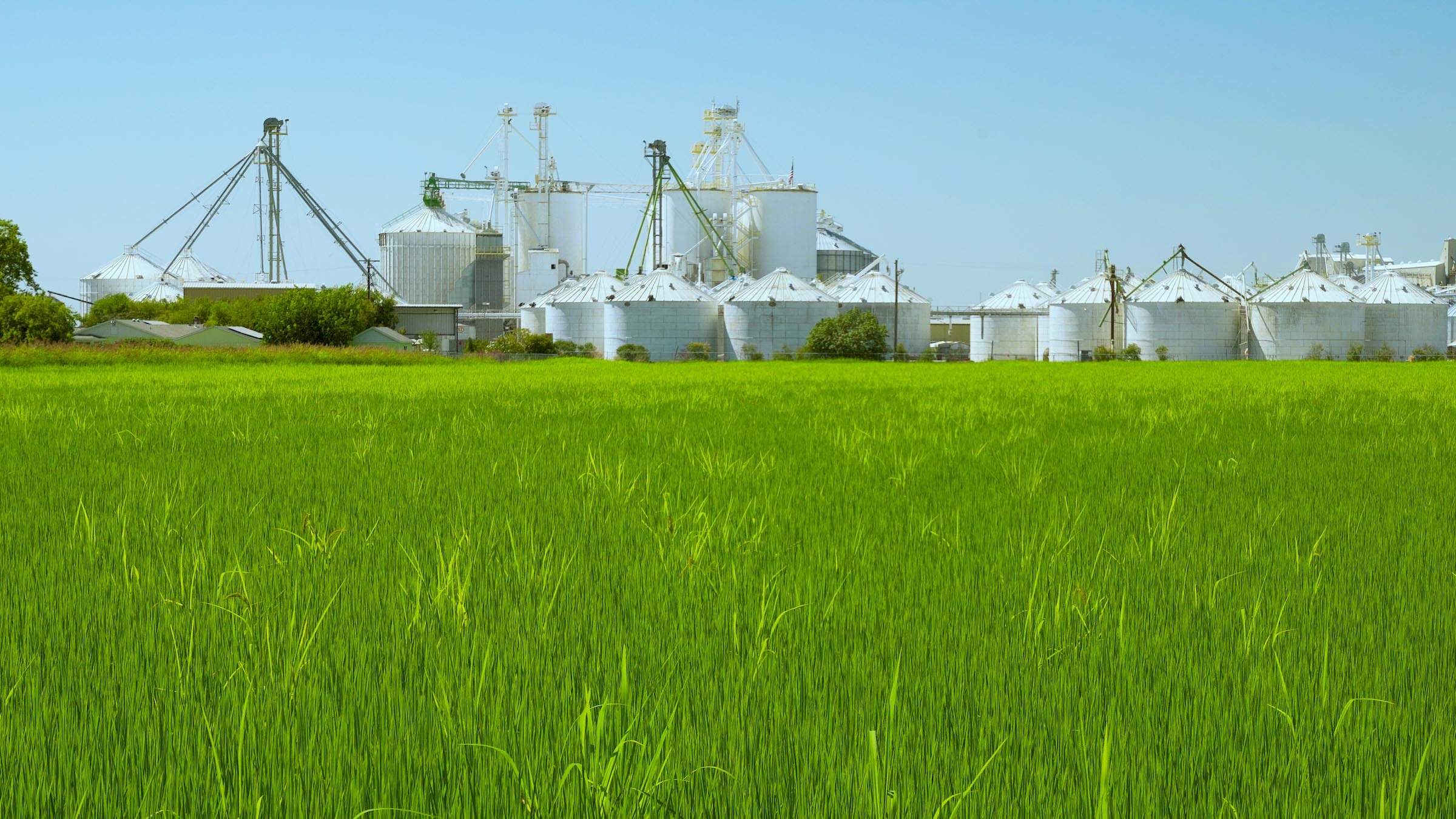
"Leave the land
better than you found it."
– Grandpa Albert Lundberg
Nearly a Century of Lundberg. That’s almost 100 years.
We’ve been through all kinds of changes over four generations of the Lundberg family. But every generation has worked with the same goal: growing the best tasting, highest quality rice possible, while leaving the planet better than we found it.

Meet and Greet and Eat at
Lundberg Social Media Links